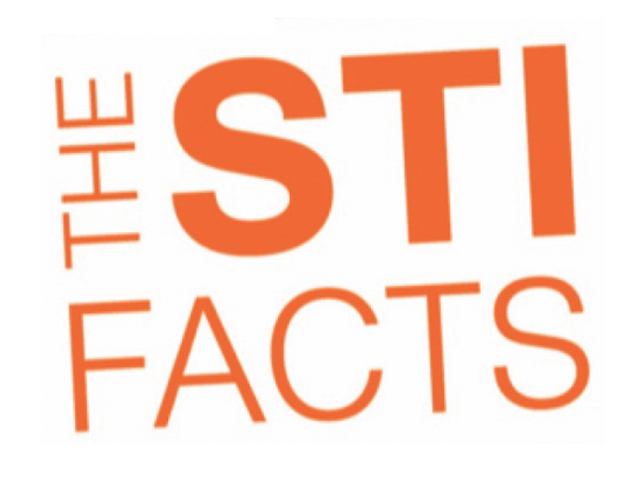What it is
Chlamydia (cla-mid-ee-a) is an infection that you get from bacteria that live in the body. When you have sex these bacteria can pass between bodies. That includes vaginal, anal and oral sex. You can cure chlamydia. But if you don’t treat it, it can turn into some serious problems, like:
- pelvic inflammatory disease (PID)
- painful testicle swelling
- pregnancy that happens in the tubes, not the uterus (ectopic pregnancy)
- finding it hard to get pregnant (infertility).
So get regular tests to catch it early.
How it happens
Chlamydia passes in fluids in the vagina, penis and anus. If you have sex with any of those areas on someone who has chlamydia (including orally or rubbing them), you can catch it. You might also catch it if you share sex toys.
Protect your body
Use a condom. If you’re using a toy, use a fresh condom every time you swap with your partner.
Take the test
Testing is a normal part of being healthy. Get tested every 6 to 12 months for STIs.
The test for chlamydia might involve a:
- sample of your wee
- swab inside your vagina
- throat swab
- anal swab.
You do the swabs yourself. If you’re having any symptoms, the nurse or doctor will offer to take a look. This will help them work out what test you need or how to treat it.
Treat it
Usually, a short course of antibiotic tablets is all you need to treat chlamydia.
If you have it:
- Think about letting people you’ve had sex with know so they can get tested too. Your Doctor can help you know who to contact.
- Avoid having sex until 7 days after you’ve started your medicine and you have no symptoms. This way you won’t pass it on.
And keep getting those regular tests.
Find a clinic






